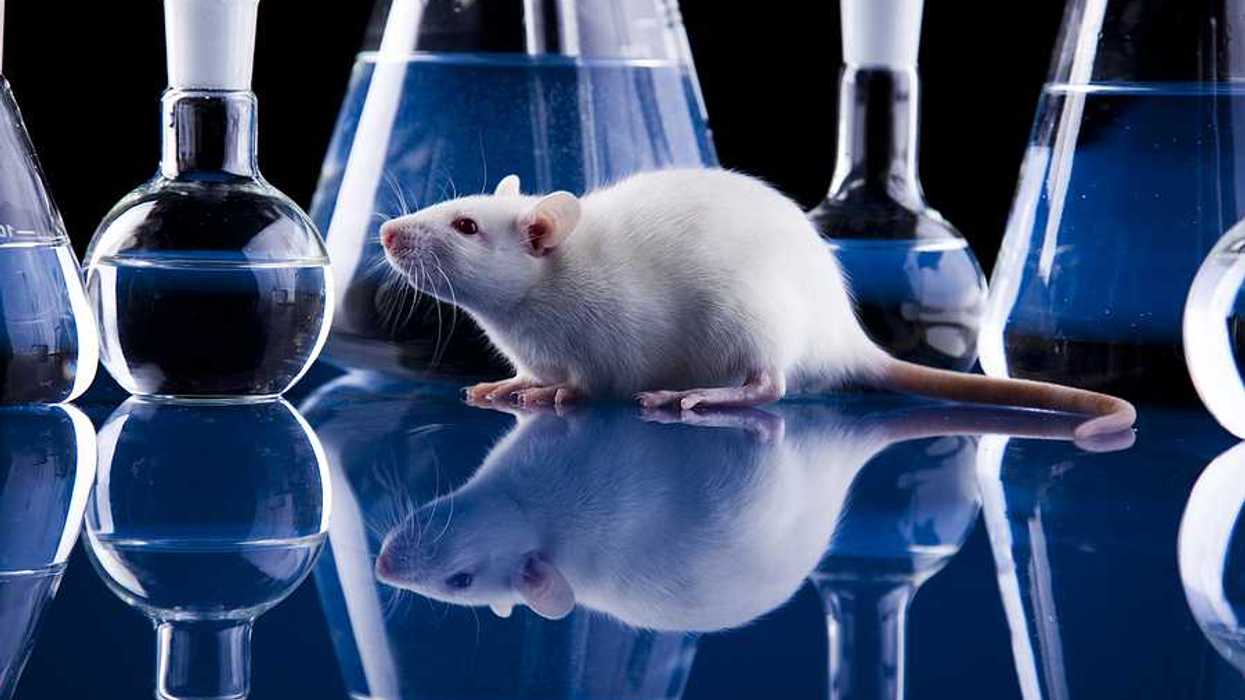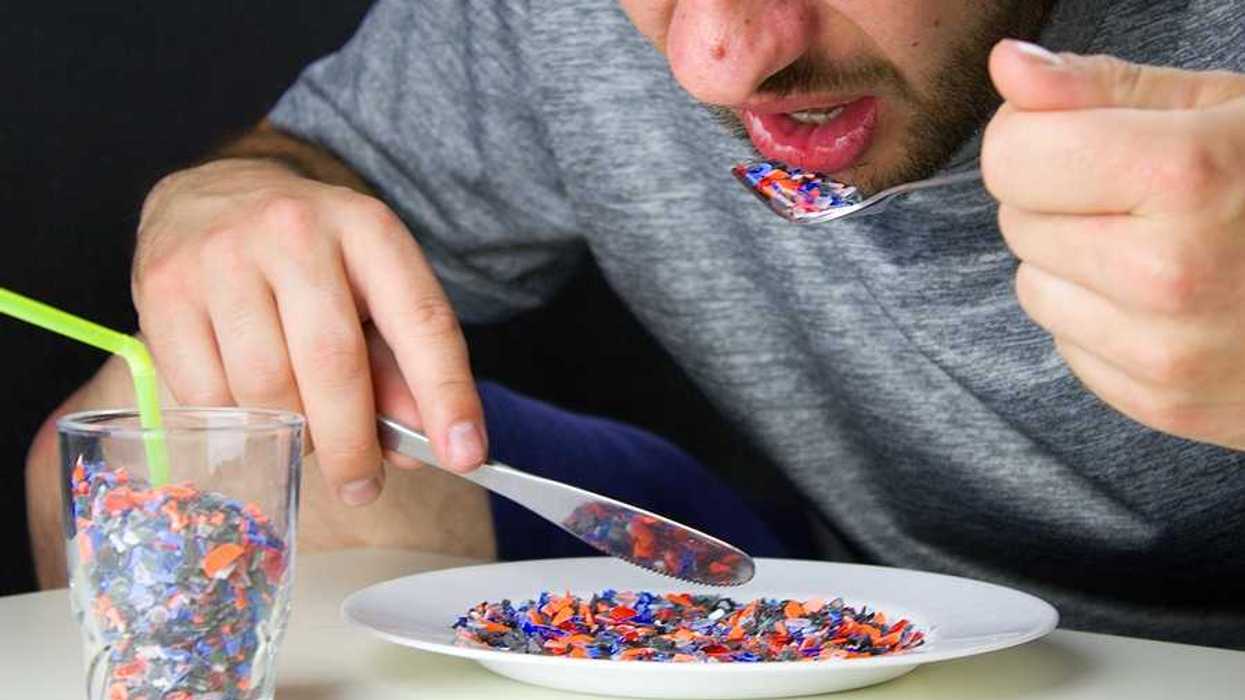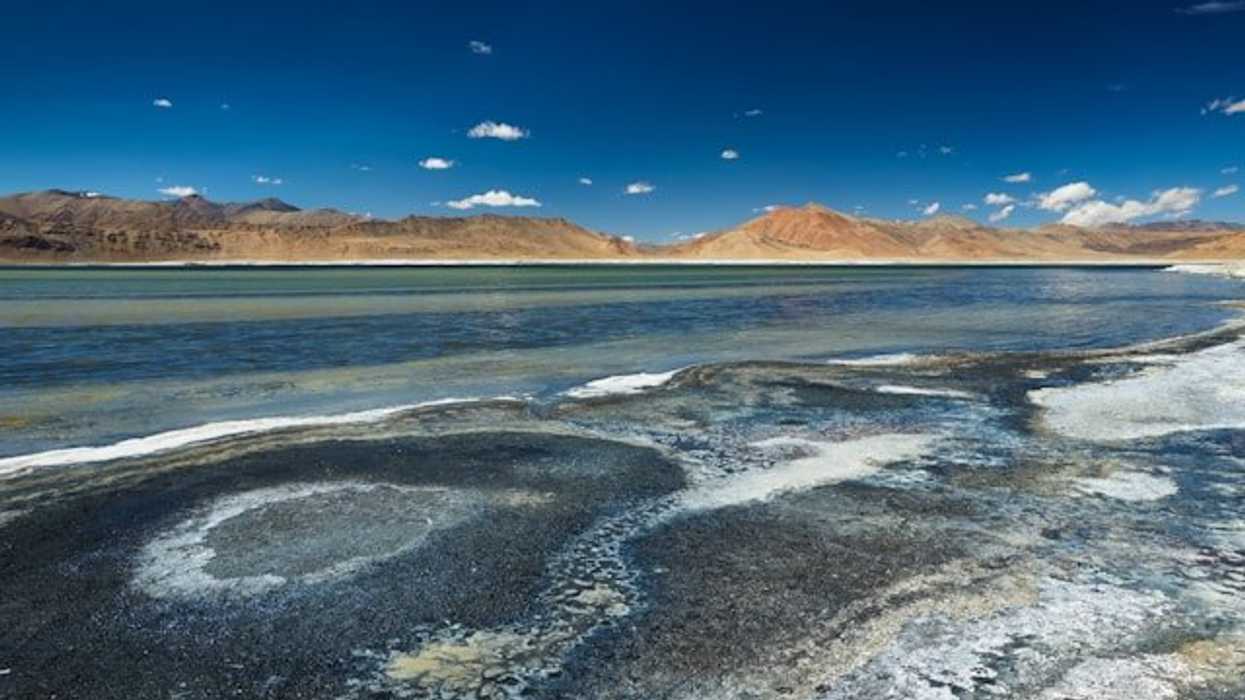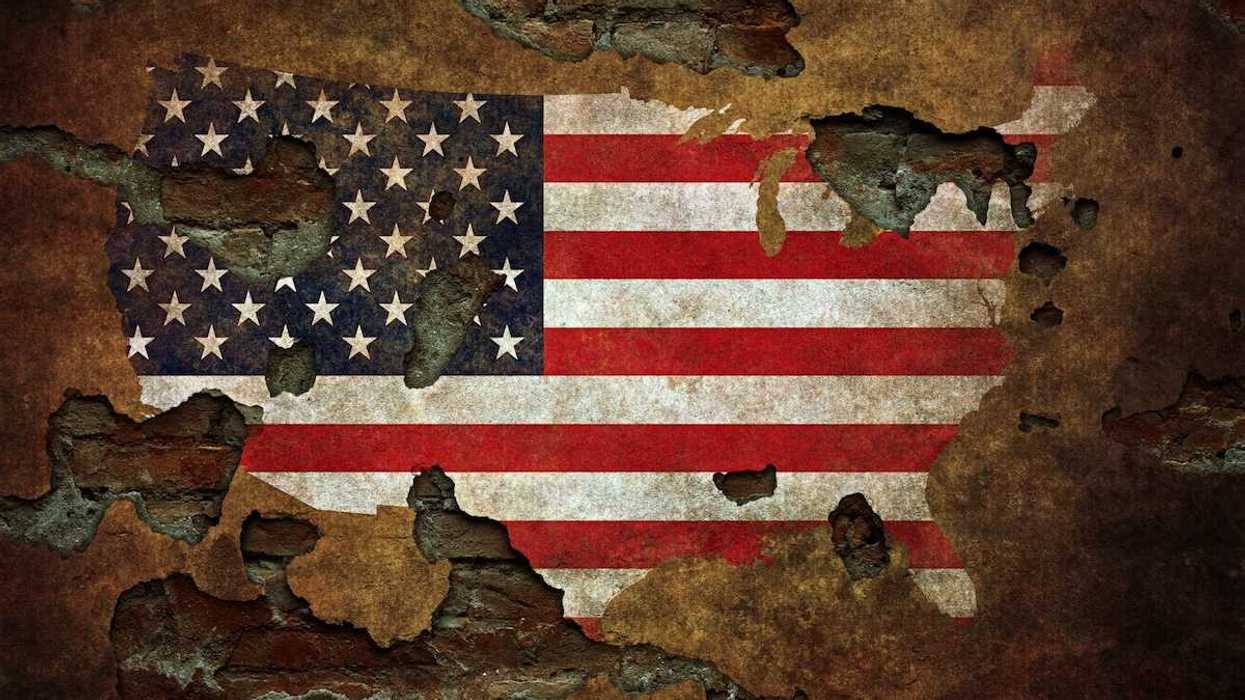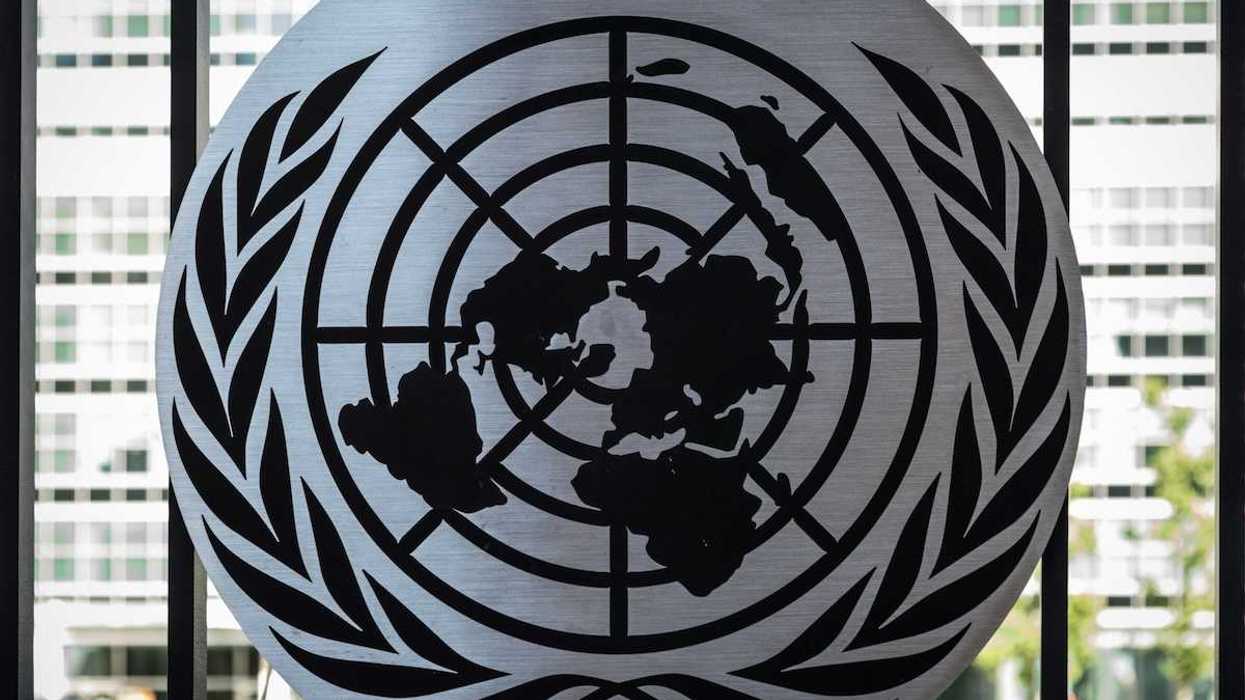Despite the environmental and health risks highlighted by the East Palestine, Ohio chemical disaster, the PVC industry is experiencing growth, raising concerns among environmentalists.
Schuyler Mitchell reports for The Intercept.
In short:
- The East Palestine disaster, involving a train derailment and release of toxic vinyl chloride, prompted calls for stricter safety regulations and scrutiny of the chemical.
- Vinyl chloride, used in PVC production, poses significant health and environmental risks, including cancer, in marginalized communities.
- Despite these concerns, major petrochemical companies are expanding PVC operations, and the industry is lobbying heavily against regulatory efforts.
Key quote:
"We’re definitely concerned that, at the same time as we’re learning more and more about the dangers of vinyl chloride and the chemicals associated with its life cycle, the plastics industry has been expanding in recent years, including the PVC plastics industry."
— Mike Schade, Campaign Director for Toxic-Free Future.
Why this matters:
The continued expansion of the PVC industry, despite known health risks and recent disasters, highlights a significant challenge in balancing industrial growth with public health and environmental protection. This story connects to broader national concerns about industry regulation and environmental justice.
For additional context: Widely used PVC plastic chemical spurs obesity, prediabetes


